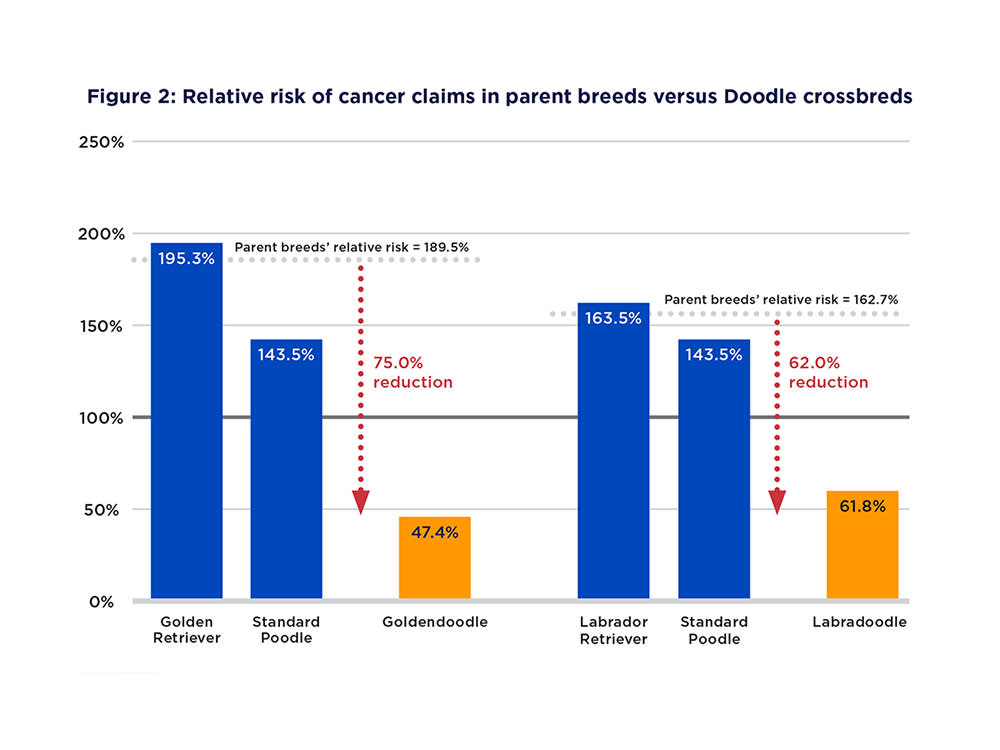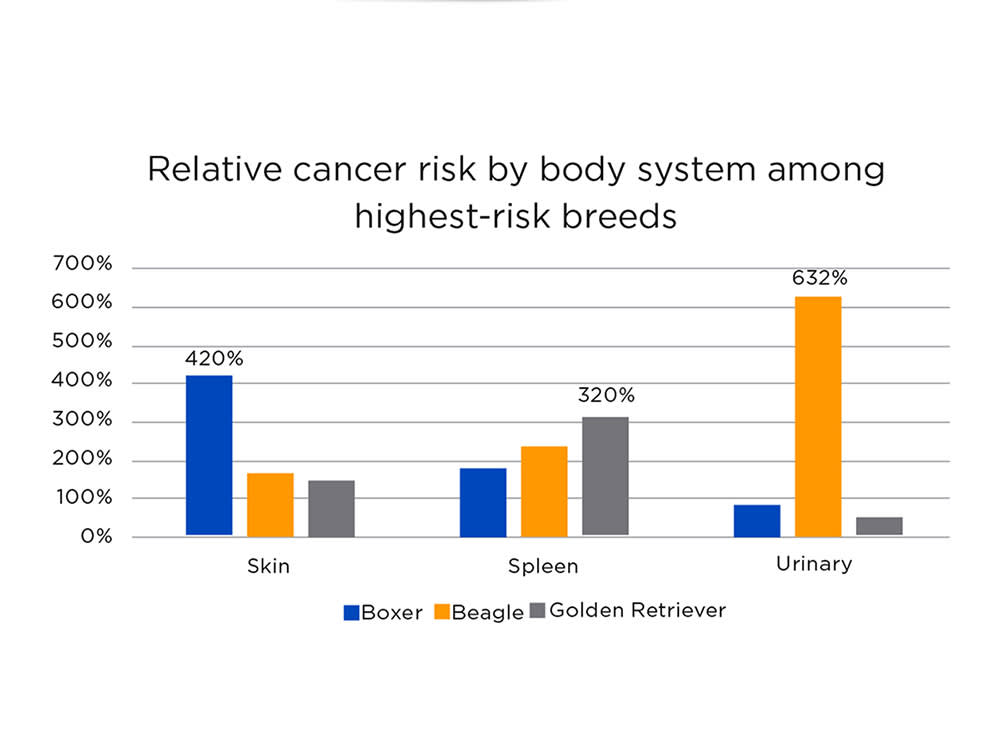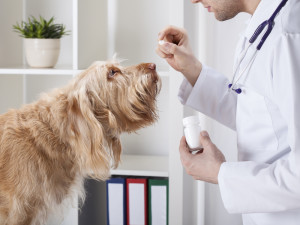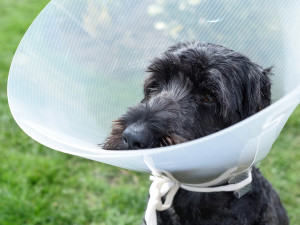Cancer is More Common in Purebred Dogs, Study Says
Nationwide’s veterinary analytics team looked at the cancer claims of 1.61 million dogs and found that purebred dogs are nearly twice as likely to get cancer as mixed breeds.

share article
It is not breaking news that mutts tend to be healthieropens in a new tab than purebredsopens in a new tab. Mixed-breed dogs generally have fewer genetic hiccups and breed-specific health issues such as hip dysplasia, neurological issues, heart disease...and cancer. But that’s not to say mutts are immune from the Big C, as it is the leading cause of death in all dogs. It’s been estimated that one in three domestic dogs will develop canceropens in a new tab, equalling the rate among humans. So just how much worse is that number for purebreds? A 2022 study from Nationwideopens in a new tab aimed to find out, and if I had to sum it up, the results were — in a meme — not great, Bob!
The insurance agency created a team of veterinarians and data scientists to examine cancer claims submitted across its pet division from 2015 to 2021. Through the cancer claims of 1.61 million dogs, they found that purebreds were nearly twice (1.9 times, to be exact) as likely to file a cancer claim as the average dog. While it should be noted this was a single-variable analysis — meaning it did not control for key factors such as the pet’s nutrition, obesity, age, or size — the considerable sample size cannot be ignored. Nor should we overlook the widespread demographics the data was pulled from — veterinary practices in all states, in rural, suburban, and urban locales.
The team then turned its focus towards specific breeds and sizes to deduce cancer risk. They primarily concentrate on the top 25 most popular breeds, which made up just about 70% of Nationwide-insured purebreds. Boxers, Beagles, and Golden Retrievers topped the list with the highest relative risk for cancer, while Pomeranians, Chihuahuas, and French Bulldogs showed the lowest. (Though, sadly, bulldogs have umpteen other health issuesopens in a new tab.) Clearly, smaller dogs are not only easier to take on the subwayopens in a new tab but also overall less likely to have cancer. Each breed registered at least 10,000 dogs across the sample period, so the findings are legit.
It also took the three highest-risk breeds (Boxers, Beagles, and Golden Retrievers) and examined risk by body system, and each had a separate dominant threat. For Beagles, skin cancers made up 420 percent of the breed’s cancer risk. Golden Retrievers saw a 320% threat of tumors being located in the spleen. The results for Beagles displayed the largest discrepancy between areas, as a whopping 623 percent of risk was associated with the urinary system.
Okay, purebred or not, how do we help prevent cancer in our pups? While opens in a new tab suggests that limiting exposure to environmental risks like cigarette smoke, toxic chemicals, and excessive sunlight, as well as diet maintenance, can help limit cancer risk, the registry admits that genetics are the main culprit. So if you’re still deciding what dog is right for you, you may want to consider adoptingopens in a new tab a mixed breed.

Sean Zucker
Sean Zucker is a writer whose work has been featured in Points In Case, The Daily Drunk, Posty, and WellWell. He has an adopted Pit Bull named Banshee whose work has been featured on the kitchen floor and whose behavioral issues rival his own.
Related articles
![Closeup of white lab mix dog being pet under the chin by pet parent]() opens in a new tab
opens in a new tabCan Dogs Get Breast Cancer?
Sadly, yes — one in four dogs will develop mammary tumors — but there's an easy way to prevent them.
![Two golden retriever dogs cuddling]() opens in a new tab
opens in a new tabCancer in Dogs: A Large-Scale Study Offers Hope
Research on Golden Retrievers may help reduce the risk of cancer in all dogs.
![A vet holding medicine near a dogs face]() opens in a new tab
opens in a new tabHow to Find a Veterinary Specialist
Just like your doctor would refer to you a specialist for expert care for a complicated issue, your vet may do the same for your dog.
![black scruffy dog wearing cone recovering from spay surgery]() opens in a new tab
opens in a new tabEverything You Need to Know About Spaying and Neutering Your Dog
A vet’s take on why it’s a smart choice. Snip, snip!






